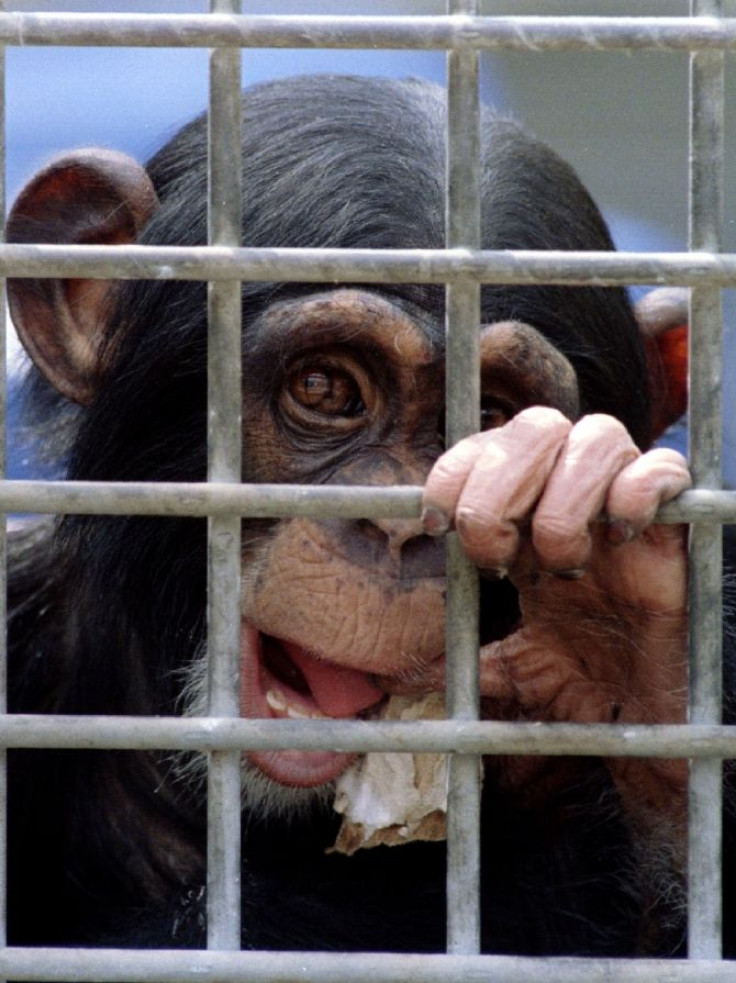Research on Chimpanzees Needed, Key Panel Says

Research on chimpanzees is necessary, but should be limited in the future, a committee of independent medical experts concluded on Thursday.
The evaluation was an in-depth analysis of the scientific necessity of chimpanzees for U.S. funded biomedical and behavioral research on chimpanzees by researchers from The Institute of Medicine and the National Research Council.
The decision from the panel will greatly influence the final decision from Congress on The Great Ape Protection and Cost Savings Act of 2011, a bill that that was introduced in April due to mounting bipartisan support in both the House and the Senate.
Due to a 2010 proposal by the National Institutes of Health to reinstate several dozen of retired chimpanzees into research colonies created national controversy. Many have called on Congress to ban research on chimpanzees. An independent panel was asked to conduct a review of chimp research.
The committee said that it does not endorse an outright ban on chimpanzee research, but the members agree that National Institutes of Health should limit the use of chimps to biomedical research in which there is no other model available, that cannot be performed ethically on humans, and that would obstruct progress against life-threatening conditions if stopped.
The panel said that although the chimpanzees have been a valuable animal model in the past, most current biomedical research use of chimpanzees is unnecessary.
The review concluded that chimps are a necessity for developing vaccines against hepatitis C, study of monoclonal antibodies against bacteria and viruses, comparative genome studies and behavioral research.
Chimpanzees should only be used for research it will "provide otherwise unattainable insight into comparative genomics, normal and abnormal behavior, mental health, emotion, or cognition," the report said.
In absence of existing uniform criteria for chimp research, the committee developed three principles to assess research on chimpanzees. The principles are that:
- Knowledge gained must be necessary to improve the public’s health
- There must be no other research model that could be obtained
- Animals that are used for research should be kept in appropriate physical and social environments
The IOM also said that because the NIH called for a suspension on breeding chimps for research in 1995, the government funded research population will “largely cease to exist” by 2037.



























